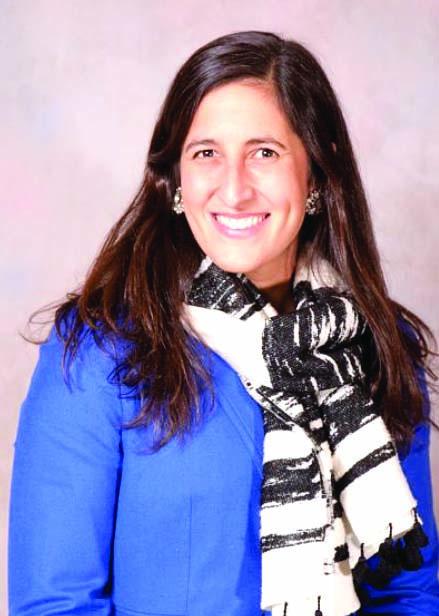July 9, 2020

Sylvia Broude leads Community Action Works, formerly known as Toxics Action Center.
Toxics Action Center, a non-profit organization led by Ashmont resident Sylvia Broude, has changed its name to Community Action Works. The new branding comes after 33 years of working with residents across Massachusetts and New England to stop pollution and confront environmental threats.
“We believe that environmental threats are big, but the power of well-organized community groups is bigger,” said Broude. “Our old name made it seem like we only work on toxics, an issue that was at the top of the environmental agenda when we were founded in 1987.
“The name Community Action Works gets at the core of what we do now. We work side by side with everyday people who are taking action to stop pollution and build solutions on any environmental issue in their community.”
Community Action Works has partnered with community leaders over three decades to win dozens of victories in Massachusetts, including convincing the city of Boston to expand recycling and commit to Zero Waste.
The group was inspired by mothers from Woburn, who took action to protect the health of their children when the chemical company W.R. Grace contaminated their drinking water. The Woburn leukemia cluster eventually claimed the lives of 14 children.
This isn’t the first time the organization has changed its name. In 1987, MASSPIRG organized public health and environmental advocates into the “Massachusetts Campaign to Clean Up Hazardous Waste” to help people who faced their own Woburn-like situations. Its first major accomplishment was passing a statewide citizen initiative to establish the Massachusetts Superfund law. The group adopted the Toxics Action Center name in 1997.
Since those early days, it has expanded to include six northeastern states, including Maine, New Hampshire, Vermont, Connecticut and Rhode Island.
The mission of Community Action Works is staying the same, said Broude.
“When neighbors know how to make change, they can build the power to transform our world,” she said. “Many people reach out to us because they are facing a pollution problem so personal that they have no choice but to take action. In taking action, they realize that they have the power to make change, and they don’t stop there. And that is the kind of transformation we need.”



